By Askia Muhammad
One of my first, and most chilling, experiences as a young member of the Nation of Islam, selling the Muhammad Speaks newspaper door to door, was about 52 years ago.
A woman in Milpitas, California, a tiny suburb of San Jose, in tears when she saw me that day. She had purchased a newspaper from me and had been traumatized by an article by the Honorable Elijah Muhammad, condemning abortion as “murder.”
The article caused her to change her mind and not have an illegal (at the time) abortion she had contemplated. Then, she was afraid for her future, and uncertain if she had made the right decision to carry her pregnancy to term.
Before that, I wasn’t aware of how gut-wrenching such a decision was in a woman’s life. Birth control, pregnancy, pregnancy prevention, and pregnancy termination were relatively fresh topics in the national conversation then. The Roe v. Wade Supreme Court decision would not be rendered for another three years, and there was much mystery and intrigue involved. So-called “back-alley abortions” in unsupervised clinics were not only illegal, they were dangerous, even life-threatening to the mother.
A few years earlier, maybe it was my first serious girlfriend — the memories blur — I was told that she had gotten an abortion of our baby. I felt a dull ache at the news, but I supposed I was relieved, not necessarily sure I would want to have this person and our offspring in my affairs in perpetuity.
Now, I get it. An abortion not only removes a fetus from a woman’s womb, it also severs the bond between the woman and her paramour. Often that is a good thing —for example, a pregnancy caused by a rape. During slavery, enslaved persons were often forced by the masters, often just for sport, and there was nothing those women could do except bear the unwanted child.
Also, more often than we want to admit, family members, stepfathers, uncles, even older siblings force themselves on vulnerable girls, impregnating them. That’s incest, and it’s despicable. There should be a remedy in such tragic cases.
But more often, even with widespread availability of contra-ception, abortions are performed as a birth-control measure, rather than as a sometimes-vital medical procedure. In other words, the abortion becomes the solution to a bad boyfriend-girlfriend decision by a young couple. A child usually bonds the parents to the child and tangentially bonds the parents as well.
I hadn’t given my own life and the abortion question much thought until my mother passed in 1985. She was a single parent, and I was an only child. Looking through my mother’s papers, I discovered child-support court documents. My father — who was married to another woman at the time of my birth — contested his paternity. He did not want to have to pay child support. I later learned that it wasn’t personal with me — all his younger siblings thought him to be a stingy man who withheld help he could have provided to them when they were in college.
But what I began to realize was the huge decision facing my mother. The time was World War II. She was a recent graduate of Jackson College (now Jackson State) in her home state of Mississippi, then working in the war effort, doing construction work at the Los Angeles naval yards. The humiliation. The shame of an unwed mother.
Rather than struggle alone with a man who had seduced and abandoned her, my mother made the choice to return to her mother’s home in Indianola, Mississippi, and to deliver her baby — me — in the loving embrace of her family.
Abortions were available, but not as common as today. I can say — I can really cheer— because I’m happy that my mother, a proud college graduate and music teacher from a religious Deep South family, went back to retrieve her burden and rear me by herself on the mean streets of Los Angeles.
Had my mother made the decision and gotten an abortion, there would have been no C.K. Moreland Jr., who became Charles 20X, who became Charles 67X, who is now before you, Askia Muhammad.
I know it’s a hard choice. But the life that is terminated in an abortion has a life potential well beyond those first few months and years of infancy, potential shame, economic burden.
I don’t judge women who make the choice to abort a pregnancy, which I would advise against. I’m just happy that my mother, Nola Mae Canteberry, did not take the abortion route, returning instead to her Mississippi roots, to give birth, and thus planting me firmly in that Delta soil.
WPFW News Director Askia Muhammad is also a poet, and a photojournalist. He is Senior Editor for The Final Call newspaper and he writes a weekly column in The Washington Informer.

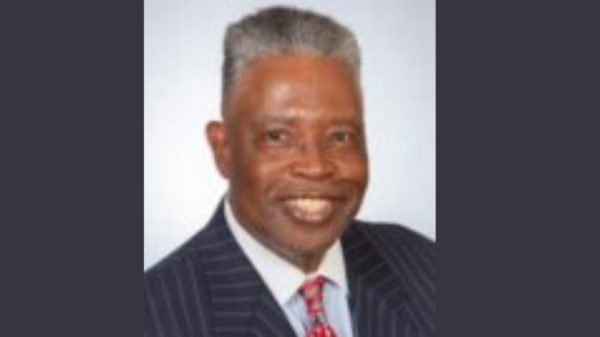
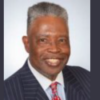
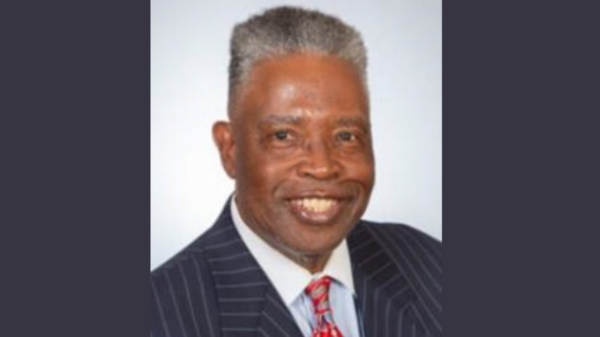

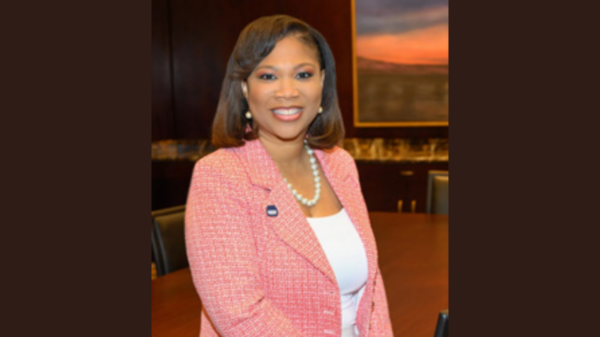

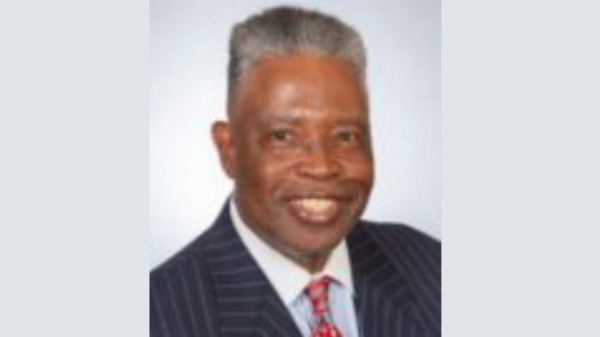
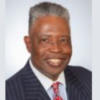
You must be logged in to post a comment Login